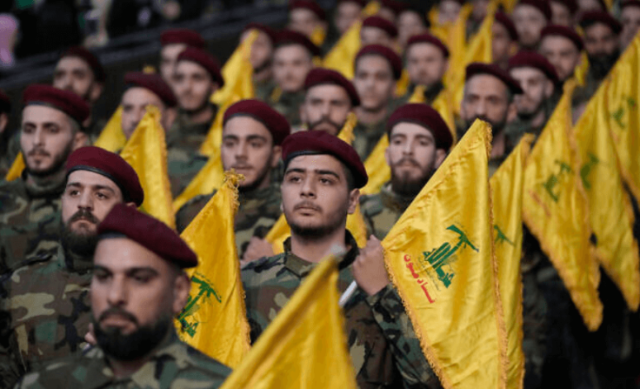lsrael has deployed more troops to Lebanon amid Iran tensions, escalating Middle East conflict with airstrikes, missile strikes, and rising casualties, the Israeli military announced on Wednesday
The deployment of regular infantry and armored units in southern Lebanon was a necessary part of its ongoing ground operations against the Iran-backed group Hezbollah.
This comes following series of Iranian missile strikes against Israel, raising concerns of a wider conflict in the oil-rich Middle East.
Israel is already engaged in a significant military campaign against Hamas in Gaza and is now intensifying its presence in southern Lebanon, a day after being attacked by Iran.
According to Iranian Foreign Minister, Abbas Araqchi via a media post said, “Our action is concluded unless the Israeli regime decides to invite further retaliation. In that scenario, our response will be stronger and more powerful.”
The Israeli military’s addition of troops from the 36th Division, including the Golani Brigade and the 188th Armored Brigade, indicates a shift from limited commando raids to a more comprehensive operation aimed primarily at destroying Hezbollah’s tunnel networks and infrastructure along the border.
However, officials clarified that there are no plans for an extensive operation targeting major urban centers like Beirut.
Iran’s recent missile assault on Israel marked its most substantial military engagement with the country, with the Iranian state media reporting that the attack was aimed at military installations in response to perceived Israeli aggression against Hezbollah and Gaza.
Iranian military officials indicated that the attack could be considered a “warning” to Israel.
Israeli Prime Minister Benjamin Netanyahu responded to the missile strikes, declaring, “Iran made a big mistake tonight – and it will pay for it.”
He emphasised that Israel would mount a “significant retaliation” in the coming days, potentially targeting critical infrastructure in Iran, as reported by Axios, citing Israeli officials.
Despite international calls for a ceasefire from the United Nations, the United States, and the European Union, fighting begins to escalate and continued unabated.
Israel renewed its bombardment of Hezbollah strongholds in Beirut’s southern suburbs, conducting at least a dozen airstrikes on what it identified as Hezbollah targets.
Early Wednesday, Hezbollah affirmed to have confronted Israeli forces in the Lebanese town of Adaisseh, asserting that they successfully repelled the incursion.
The Lebanese government reported that nearly 1,900 people have died and over 9,000 have been wounded in the ongoing cross-border conflict, with most casualties occurring in the past two weeks alone.
As the tension continues, U.S. Secretary of Defense, Lloyd Austin, assured Israeli Defense Minister Yoav Gallant that Washington is “well-postured” to defend its interests in the Middle East.
He added that U.S. Navy warships had intercepted several Iranian missiles headed toward Israel, noting the seriousness of the situation.
As fears mount regarding a potential regional war, South Korean President Yoon Suk Yeol held a meeting with national security and economic advisors to chart ways for a peaceful conflict resolution in the face of growing crisis.
Despite efforts geared at reconciliation, Israel and Iran continued to lock horns in the cycle of retaliation.




















